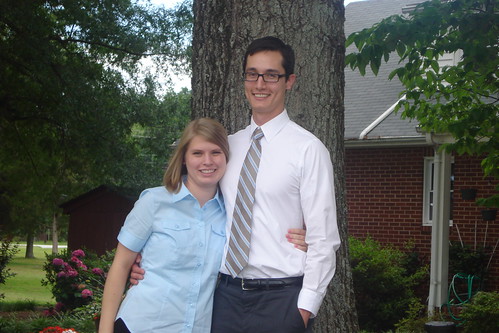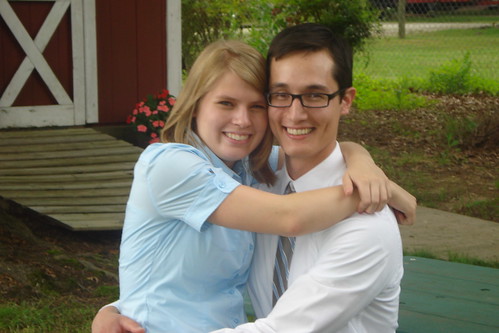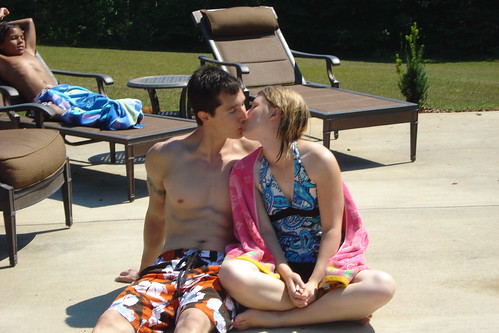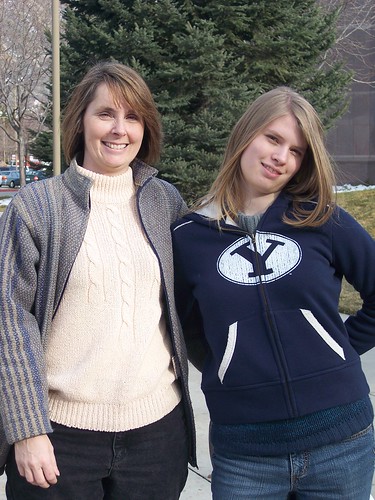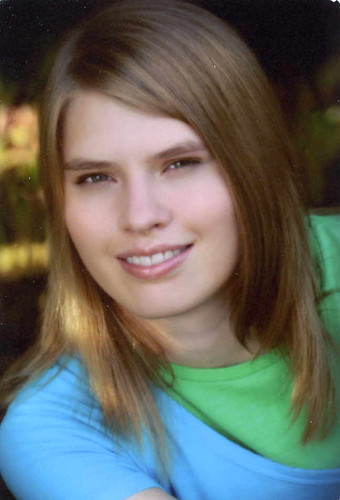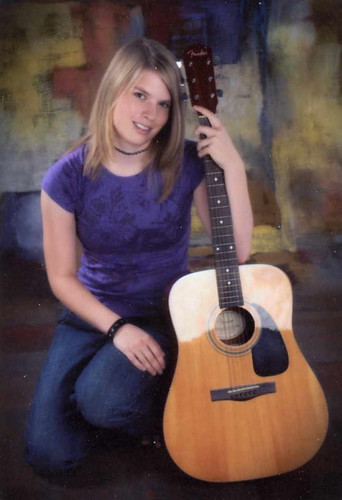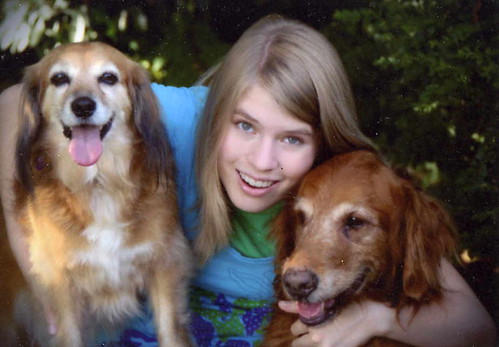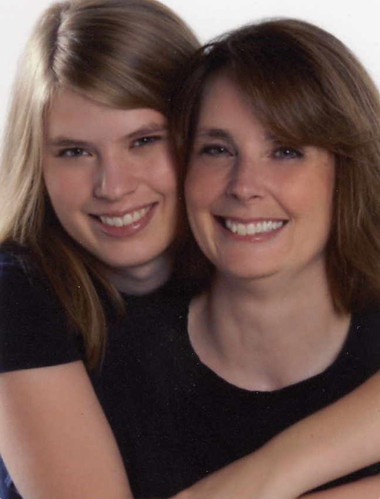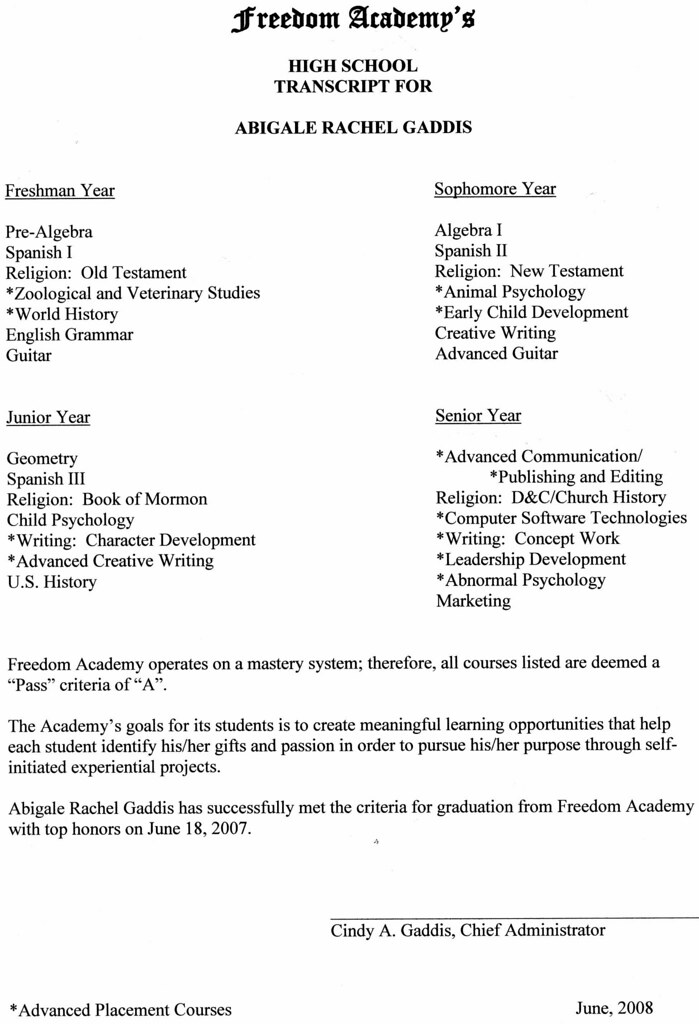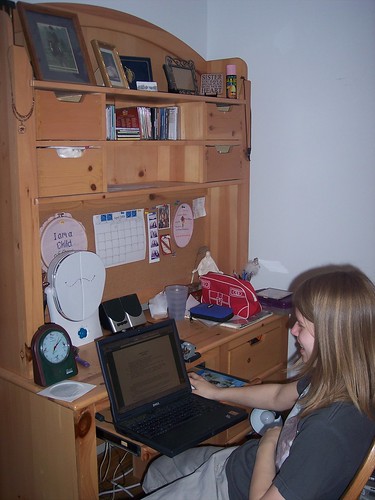Just when I thought I was finished having to learn more than the average person with the children I have been blessed with, I got to continue learning over the past year especially. Because we are finally at an uphill place, I wanted to take the time to share some of what I have learned as it pertains to anxiety and depression.
Since puberty, my oldest son, Eric, has been prone to depression and anxiety. Because of the strengths based environment he was raised in, it was fairly easy to manage. However, at 19 years old, he decided to pursue a full-time mission for our church. It would encompass many of his weakest areas, and he needed to be prepared to manage everything.
In retrospect, anxiety to a higher degree emerged first, with depression a close second as he approached his mission report date. Eric was so out of balance that a week before departing, he postponed because we all realized he just wasn’t ready to successfully navigate what would be expected of him. I believe that he had his serious doubts deep within himself, and it emerged through this anxiety and depression to deal with it (because he wasn’t dealing with it).
Up until now, we had worked through our amazing pediatrician. This health care provider knows exactly how to balance caring, empathy, respect for parents as partners, and trust in parents to partner. This is way more huge than I ever realized when I always had it and had to find adult providers in the various forums. Anyway, Eric was ready to figure out what was “really wrong with me”, so I had to find a psychiatrist able to take new patients and our insurance. I got referral names from our pediatrician, and tackled the first few to no avail. In the meantime, we got a name from a friend to a therapist to start things rolling.
Eric quickly connected with this man and felt comfortable sharing his difficulties with him. However, over time, I realized that the therapist was too empathetic. He seemed capable of pulling out minutae details from Eric that made him and Eric begin to think he was more crazy than he was. In other words, there is a level of pathological viewing of details that can warp one’s perception of things. I didn’t realize this until going to the psychiatrist I was finally able to procure.
The psychiatrist is a very laid back man who speaks softly and slowly. He had Eric fill out a bunch of questionnaires to determine probability of “disorders”. He then spoke with Eric about various details and gathered additional information. He then had myself and Eric come in and he proceeded to go through each “disorder” and rule it out. He then concluded that although Eric may have “mild depression”, it was more that he was “comfortable” with his lifestyle and that he simply needed to get out of the house and move forward in life. I know, it sounds maybe bad, but in the case at the time, I think it was exactly what Eric needed to hear. Of course, with Eric’s typical straightforward nature, he looks at the psychiatrist and states, “So, you’re saying I’m spoiled.” We all laughed, but it was his general opinion at the time.
So, we had one therapist who concluded that Eric must be full of psychosis, and then a psychiatrist who decides that he’s spoiled. What a pendulum to choose between! On the other hand, Eric is prone to being easily influenced about these types of psychological fears, so I think he needed the exact opposite extreme to balance out an unfounded perspective from the first therapist. This was my first foray into mental health providers. Because Eric was not at any serious mental state yet, it was easy to take what was useful and throw out the rest and not think too much about the lack of consistency in the field.
It seemed the “spoiled” conclusion catapulted Eric forward and he went from weekly meltdowns up to six months prior to this (again, I think in anticipation of the mission call), to being more himself again from that moment forward. About a month later, he also went off his SSRI medication (which had been prescribed for “black clouds” beginning at puberty). In one sense, we thought this was our “mission miracle”. From time to time, Eric and I would talk and he would bring up his anxiety over the mission, but moving forward into adulthood generally speaking. I found focusing on it worsened things, so I began to validate quickly and move on. It helped at the time.
Now, I see it as the bandaid time it really was. Eric will always have a depressive and anxiety nature, and he had yet to really confront, as none of us had, the reality of its true existence. Neither had the mental health providers yet discovered the extent he endured. Fast forward to his second start date for his two-year full-time mission which began positively enough. Eric had to face anxiety-producing activities such as talking on the phone at a call center, to once out in the “field”, switching companions anywhere from 6 – 12 weeks as well as areas. In hindsight, the most difficult changes were in companions. He realized that he used people that he formed trusting relationships with as a support mechanism, and every time he had to change, he was thrust out in the abyss again for a while. And not every companion would be worthy of his trust to depend on. Nine months into his mission, the anxiety exploded and he was experiencing consistent panic attacks; something he had never had before. Thus began the process of trying to get him mental health support far from home with wheels that seemed to turn interminably slow for someone who is suffering considerably today.
At 11 months, we all realized it was time for him to come home and work out the anxiety and depression from the support of home and trusted relationships. The thing is, Eric needed to travel a path of self discovery, so it wasn’t the straightest route to help. But, I will fast forward to the mental health provider portions for the sake of this post (though I will be writing a few more posts about the other things we found useful on this journey).ED patients can easily improve their condition effectively. 100mg sildenafil citrate lets the generic levitra online find over here patients get a rock hard erection during the intercourse.
Eric wasn’t sure he wanted to go back to either the original therapist or psychiatrist, because they obviously didn’t understand what he was enduring. But, I encouraged him to go back to the psychiatrist because it was still difficult to find someone quickly, and because we had seen him before, he would be considered a “current patient”, so we could get an appointment quickly. What is the most frustrating thing about mental health providers is the slow process of finding answers. I think it is slower when the provider doesn’t trust parents or supports to be effective partners. To give some credit, apparently I am not your “normal” parent, so they react based on statistical experience. I feel partnering is so important because what can you learn about someone in a short appointment? And Eric has always been excellent at presenting himself as a “with it” individual. He is well spoken, good looking, tall, and charming. It infuriates me in these circumstances because it isn’t helpful. What I learned through encouraging him to go back to the psychiatrist is that they are people, and depending on each situation and current circumstance, they can be helpful in different ways. Slowly, over a nine month or so period, we would become partners with the pyschiatrist and he became useful to us on this journey. But, it took my research and advocacy abilities to get to this point with him.
Some of what I did to get where we are were: first, Eric would go into his sessions alone with the psychiatrist. The problem with this was that Eric usually had to be at a good place to even get to the session, so he presented well enough. I finally was able to drag Eric into an appointment when he was at a really bad place so that the psychiatrist would “get it”. He did. From then on, I went into every session with him because together we were able to share the best picture of what was going on. Luckily, I think our homeschooling relationship that was developed came into play here. I have a close friend with a daughter of the same age going through a similar thing. Her daughter wants her mother to have nothing to do with anything that she needs to do to get healthy and balanced again. Eric is very open and even wanting me to be part of the process because he accepts his need for effective support. (That’s another post to ponder over . . .). I started researching myself the medications being used and really asserting myself during the sessions about what was working, what was not, and what we felt we wanted to pursue.
In the most difficult moments, a psychiatrist can only do so much. I greatly appreciated that this provider encouraged our calling him if we needed anything, and I did have to do this a handful of times. He always made me feel completely comfortable and at ease doing so and as I was in that moment. He seems to totally embrace the “emergency aspect” of mental health, which I greatly appreciated. In those difficult moments, I had to trust myself though, and what I knew of my son. I didn’t always feel comfortable about changing medication and such with this provider. But, I did it anyway because when you are in the moment, and there are no other choices, you do what you have to do, but I didn’t like having to defend my choices or feel like I was going to be berated over it. With time, I think he now “gets” that I don’t do these types of things lightly, and that I respect the traditional protocol for doing so, but having to take care of the situation in the moment and go forward with hope was essential and the psychiatrist had to trust me to be a partner he could trust as well.
During this timeframe, we have also used two therapists who use cognitive therapy. I wrote a comment at Woodstone Prairie about a month ago when Maura talked about her dread of seeing her son’s pdoc for various reasons. Those comments reflect some of my experiences with what one can gain from a therapist, so I will share that here:
What I have realized is that you can really like the person as just that, a person, but they don’t work at all as your provider. That’s kinda what I got from your post in the middle . . . you like her as a friend, neighbor, etc., but not as a provider. You have to sift through that and recognize why you feel a need to stay with them . . . you like them . . . but that has nothing to do with the effective care or not.
The thing I realized is that a provider may be just what you need, until they aren’t what you need anymore. Again, it sounds like this provider may have been good at the front end, but is no longer working for you. Sometimes a provider has only so much to, well, provide, and then their effectiveness is satiated. It’s then time to move on.
We’ve moved on from a therapist that wasn’t working for us, but we hung on for quite a time because “we liked her.” A situation forced us to consider someone else at the same time, and he was the best thing since sliced bread. Luckily, not only was I going to drop the first one, but she initiated it as she really did want what was best for my son. But, though the next therapist has been fab, I know his effectiveness may diminish in time. As long as we gain one good piece of information at each session, we’ll stay on. Once a couple sessions come and go with no benefit, then I know to move on now.
The last mental health providers we have experienced over this past year is when we hit our worst: hospitalization. We expected big things from choosing to go the hospitalization route when we were at our wit’s end, but it seems to be more of a holding tank and a “safe house”, if you would, than a place to move forward. On the other hand, it certainly created credibility for everyone involved in his recovery, and there are some amazingly knowledgeable employees there who are really passionate about educating those with depression and anxiety, if you can seek them out individually. Again, I was disappointed that the support persons were not included in our particular place of hospitalization (and I realized through my friend that different hospitals provide different things, but one doesn’t have time to “shop around” in the middle of the crisis that sends you in the direction of hospitalization). However, I took the opportunity to approach Eric’s nurse who took a half hour to educate me. It was extremely important and part of another post I will be writing. What was SO frustrating was that he was describing Eric to a tee when he was talking about depression, and yet no one had really given credibility to the idea that he was in major depression before then. Ugh! Like I said, that’s another post.
Bottom line when it comes to mental health providers, I had to educate myself once again. I had to research and advocate. I had to develop a mutual trusting and respectful relationship with the providers in order to achieve optimal effective care. That required me to keep pressing myself into the picture by proving I could be trusted to understand their protocols while sharing valid research and information that was pertinent to the individual circumstance. I had to recognize when to move on from each provider, understanding the limitations of each role in the holistic picture of my son’s management of his depressive nature. There are stages to understanding and self-awareness and management, and it simply takes time and a variety of insights from diverse mental health providers.
I had to trust my instincts more than ever before. And I had to help the primary mental health provider trust me. In the end, it is Eric’s personal journey. I have to support him where he’s at and offer good information when he is ready to receive. It’s a tough balancing act for everyone involved. I feel it took a tenacious and faithful approach to get where we are today. We are still on the journey.

